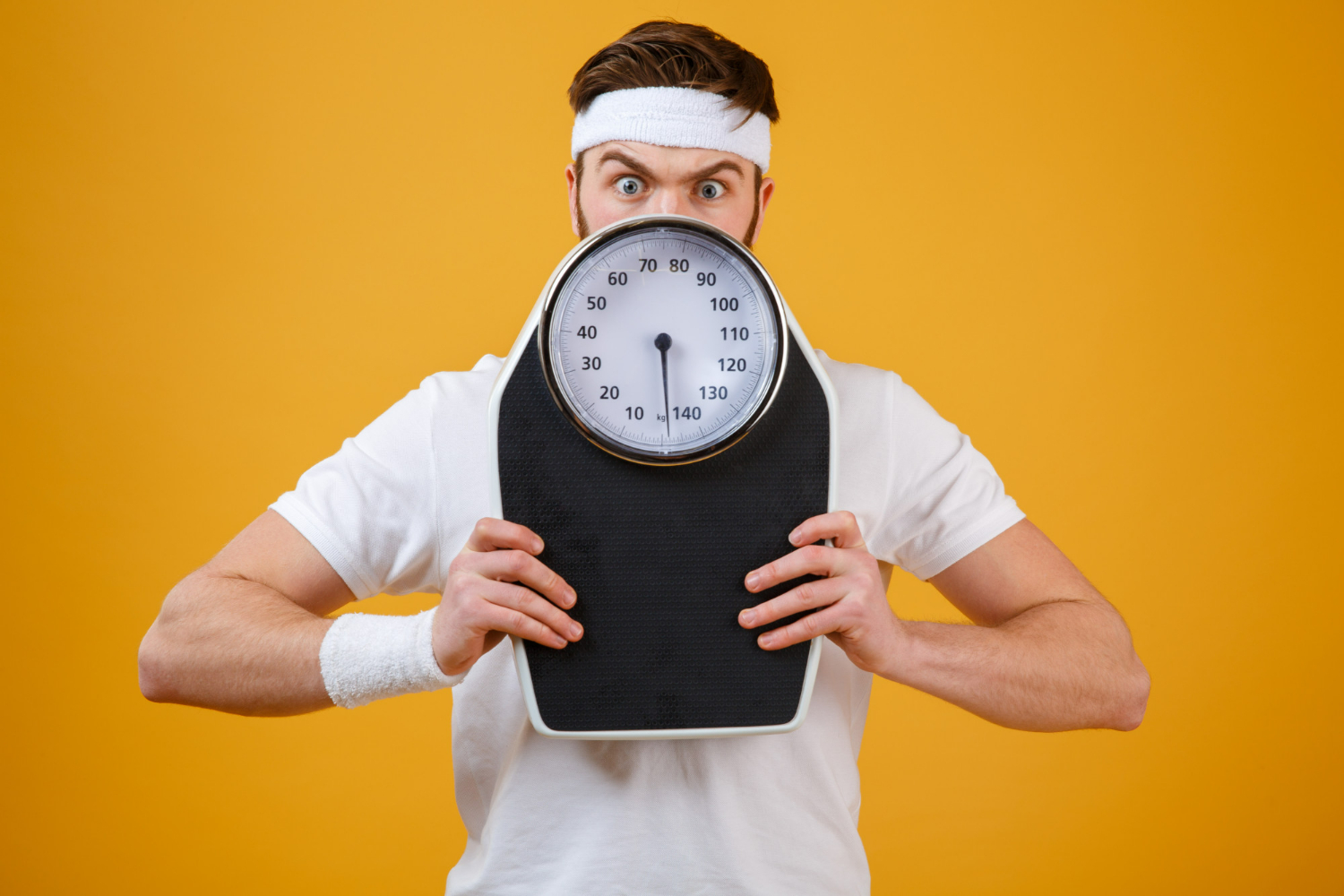Introduction
In the intricate dance of human biology, one fundamental rhythm echoes louder than most—the rhythm of hydration. In this exploration, we delve into the wonders of staying well-hydrated, unraveling the complex tapestry that makes hydration not just a mundane task but a key to unlocking optimal health.
1. The Physiology of Hydration: Understanding the Body’s Thirst Quotient
Within the human body lies a sophisticated system that regulates our thirst—the body’s innate mechanism for maintaining fluid balance. Hormones like antidiuretic hormone (ADH) play a pivotal role in orchestrating this delicate dance, ensuring we consume the right amount of fluids to meet our body’s needs.
2. Beyond Water: Exploring the Fluid Mosaic of Hydrating Beverages
While water remains the elixir of life, there’s a fascinating world of hydrating beverages beyond its simplicity. From the aromatic embrace of herbal teas to the refreshing allure of infused water and the tropical nourishment of coconut water, each beverage adds its own nuance to the symphony of hydration.
3. Hydration and Vital Organs: Nourishing the Body’s Command Centers
The importance of hydration extends far beyond quenching our immediate thirst. Adequate hydration is a silent guardian, nurturing vital organs such as the heart, kidneys, and brain. The cognitive benefits of hydration are particularly noteworthy, as a well-hydrated brain operates at optimal efficiency.
4. The Electrolyte Symphony: Balancing Minerals for Optimal Hydration
Enter the world of electrolytes—sodium, potassium, magnesium—a trio that conducts the body’s fluid orchestra. Maintaining the delicate balance of these minerals is essential for proper hydration. An imbalance can lead to a cacophony of issues, from muscle cramps to compromised organ function.
5. Signs of Dehydration: Reading the Body’s Thirsty Signals
Our bodies are skilled communicators, and understanding the signs of dehydration is key to timely intervention. From the obvious cues like dark urine to more subtle signals like persistent fatigue, recognizing these signs allows us to respond to our body’s call for hydration.
6. Hydration Myths vs. Facts: Dispelling Common Misconceptions
In the realm of hydration, myths abound. Separating fact from fiction is essential for making informed choices. Does the eight-glasses-a-day rule still hold? Is thirst a reliable indicator of hydration? Addressing these questions dispels common misconceptions and guides us toward optimal hydration practices.
7. Hydration Across the Lifespan: Tailoring Fluid Needs to Different Ages
As we journey through life, our hydration needs evolve. From the delicate balance of infant hydration to the challenges faced in older age, understanding these changing needs allows us to tailor our fluid intake to different life stages, ensuring everyone, from the youngest to the oldest, stays well-hydrated.
8. Hydration and Physical Performance: Fueling the Body for Success
For athletes and fitness enthusiasts, hydration is not just about quenching thirst; it’s a performance enhancer. Proper fluid intake supports endurance, muscle function, and overall physical prowess. Unlocking the full potential of the body requires a nuanced approach to hydration.
9. Hydration Challenges in Modern Life: Overcoming Obstacles
In the hustle and bustle of modern life, staying well-hydrated can be a challenge. From hectic schedules to the prevalence of sugary beverages, obstacles abound. However, armed with awareness and practical strategies, overcoming these challenges becomes a manageable feat.
Conclusion
In the symphony of wellness, hydration takes center stage. It is not merely a biological necessity; it’s a source of vitality and a key to unlocking the wonders of optimal health. As we navigate the intricacies of staying well-hydrated—understanding our body’s thirst quotient, embracing diverse hydrating beverages, and dispelling myths—we embark on a journey toward a healthier, more vibrant life. Let the rhythm of hydration guide you, and make every sip a conscious step toward well-being.



















